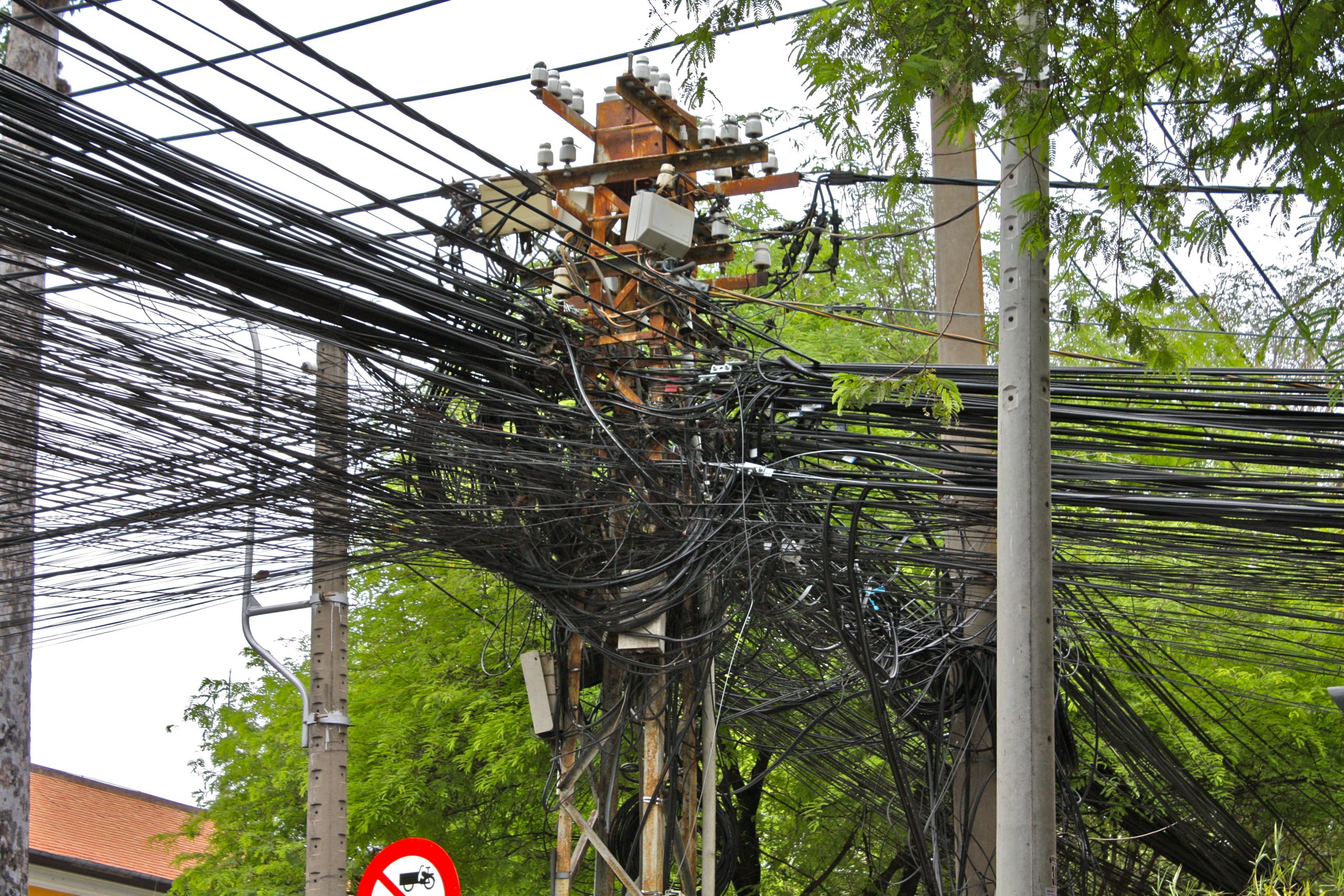![]()
International Energy Consultants has consistently delivered on all of their engagements and have effectively and credibly communicated the results of their studies and reports to Philippine legislators, government policy makers, business groups and media. We regard IEC as one of our most valued business advisers.
Oscar Reyes, CEO, Meralco
Samples Of Our Work
Our Clients
Charities We Support








International Energy Consultants
CEO's Message on Climate Change
Since the start of the Industrial Revolution, anthropogenic CO2 and other greenhouse gases have warmed our planet by around 1.0°C. In 2015, upon signing the Paris Climate Agreement, all nations around the world set themselves the goal of limiting global warming to below 2.0°C (preferably <1.5°C) compared to pre-industrial levels. Climate scientists now almost universally agree that, once the 1.5°C limit is breached, our planet’s climate will experience dramatic changes.
In 2018, the IPCC Special Report on Global Warming concluded that our planet’s atmosphere can probably absorb no more than 420 gigatonnes (Gt) of additional CO2, if we are to stay below the +1.5°C level. Around 42Gt of CO2 is currently emitted globally each year (equal to 1332 tonnes per second) by human activity, which means that the 1.5°C budget is expected to be exhausted by 2028. Once we hit that threshold, there is no going back and there is no Planet B. A sea level rise of at least several metres will be inevitable, food production will be severely threatened, rainfall and snow-melt patterns will be drastically altered, the current high rate of species extinctions will rise rapidly and extreme weather events, floods, droughts and forest fires will increase in frequency and intensity. High temperature and humidity will combine to make much of Asia, Africa and the Americas practically uninhabitable. If expected self-reinforcing feedback mechanisms kick in (eg. melting ice sheets and arctic permafrost), these changes will sharply accelerate and become irreversible. Humans have not faced such an existential threat for 75,000 years (when we nearly became extinct).
Use the Carbon Clock to check how much time is left to bring net greenhouse emissions down to zero .........










































